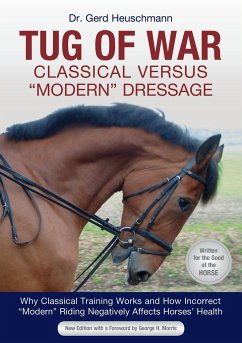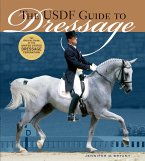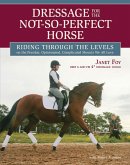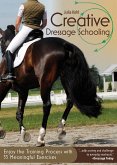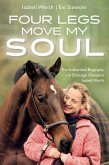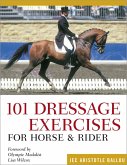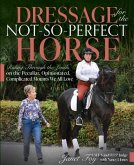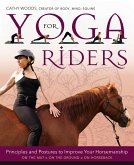German rider and equine veterinarian Dr. Gerd Heuschmann is well-known in dressage circles-admired for his plain speaking regarding what he deems the incorrect and damaging training methods commonly employed by riders and trainers involved in competition today. Here, he presents an intelligent and thought-provoking exploration of both classical and "modern" training methods, including "hyperflexion" (also known as Rollkur), against a practical backdrop of the horse's basic anatomy and physiology. In a detailed yet comprehensible fashion, Dr. Heuschmann describes parts of the horse's body that need to be correctly developed by the dressage rider. He then examines how they function both individually and within an anatomical system, and how various schooling techniques affect these parts for the good, or for the bad. Using vivid color illustrations of the horse's skeletal system, ligaments, and musculature, in addition to comparative photos depicting "correct" versus "incorrect" movement-and most importantly, photos of damaging schooling methods-Dr. Heuschmann convincingly argues that the horse's body tells us whether our riding is truly gymnasticizing and "building the horse up," or simply wearing it down and tearing it apart. He then outlines his ideal "physiological education" of the horse. Training should mirror the mental and physical development of the horse, fulfilling "classical" requirements-such as regularity of the three basic gaits, suppleness, and acceptance of the bit-rather than disregarding time-tested values for quick fixes that could lead to the degradation of the horse's well-being. Dr. Heuschmann's assertion that the true objectives of dressage schooling must never be eclipsed by simple "mechanical perfection" is certain to inspire riders at all levels to examine their riding, their riding goals, and the techniques they employ while pursuing them.
Hinweis: Dieser Artikel kann nur an eine deutsche Lieferadresse ausgeliefert werden.
Hinweis: Dieser Artikel kann nur an eine deutsche Lieferadresse ausgeliefert werden.

